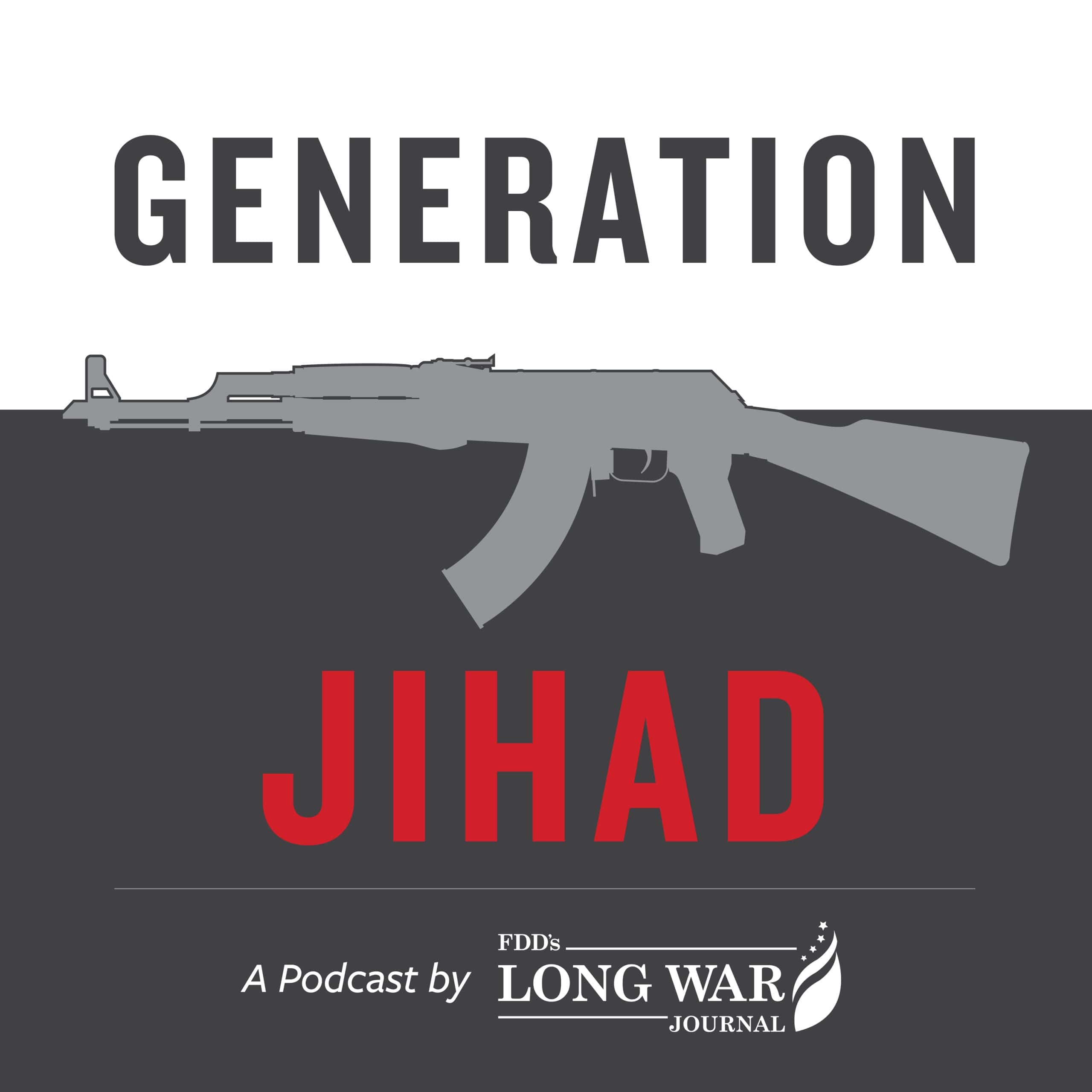
Tehran’s pawns in Iraq
Bill is joined by show regular Edmund Fitton-Brown to discuss Edmund’s latest analysis for FDD’s Long War Journal: The role of Iraqi Shia militias as proxies in Iran’s Axis of Resistance.

Bill is joined by show regular Edmund Fitton-Brown to discuss Edmund’s latest analysis for FDD’s Long War Journal: The role of Iraqi Shia militias as proxies in Iran’s Axis of Resistance.
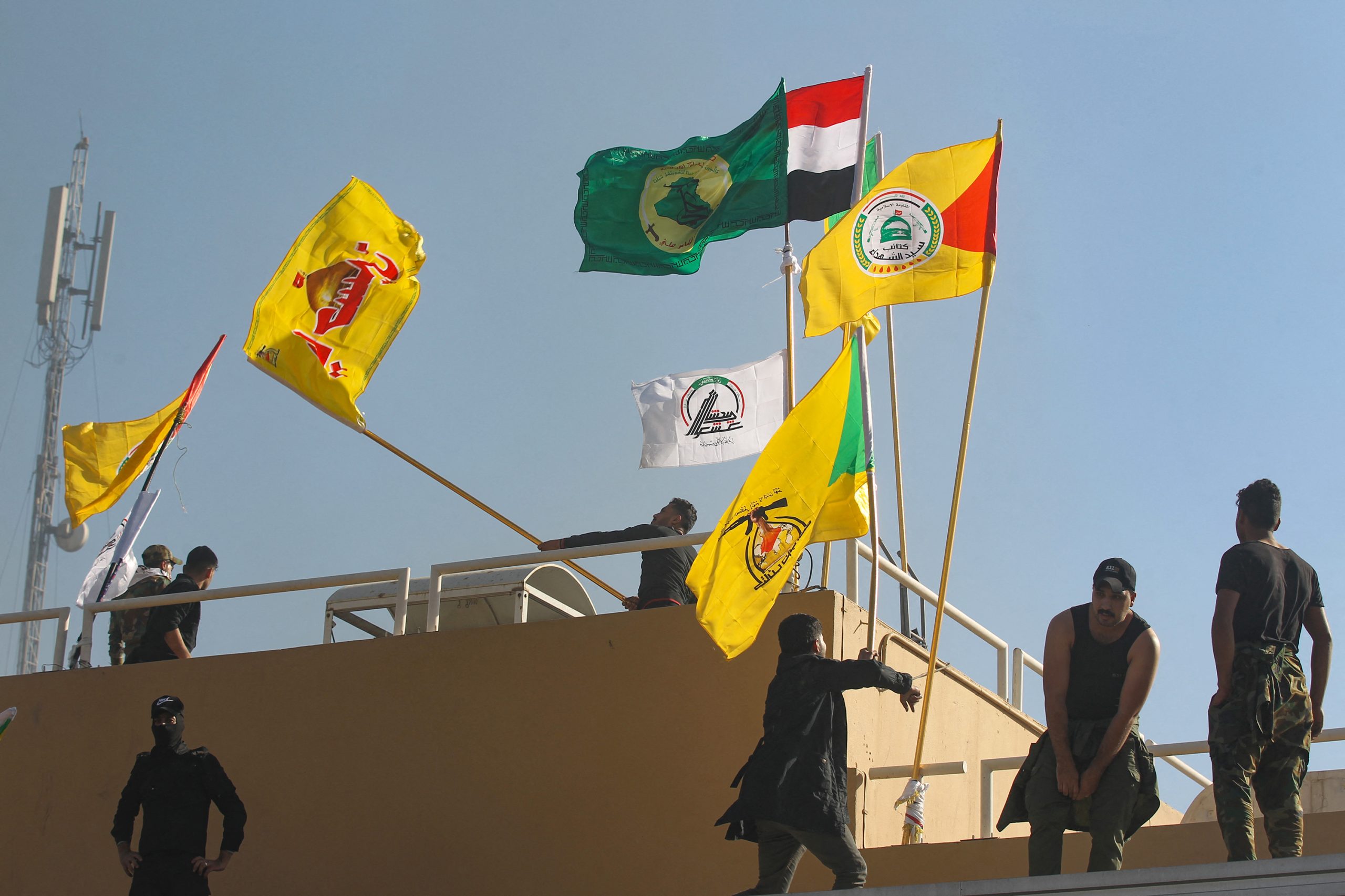
Iran-backed militias and proxies are threatening Jordan’s security.
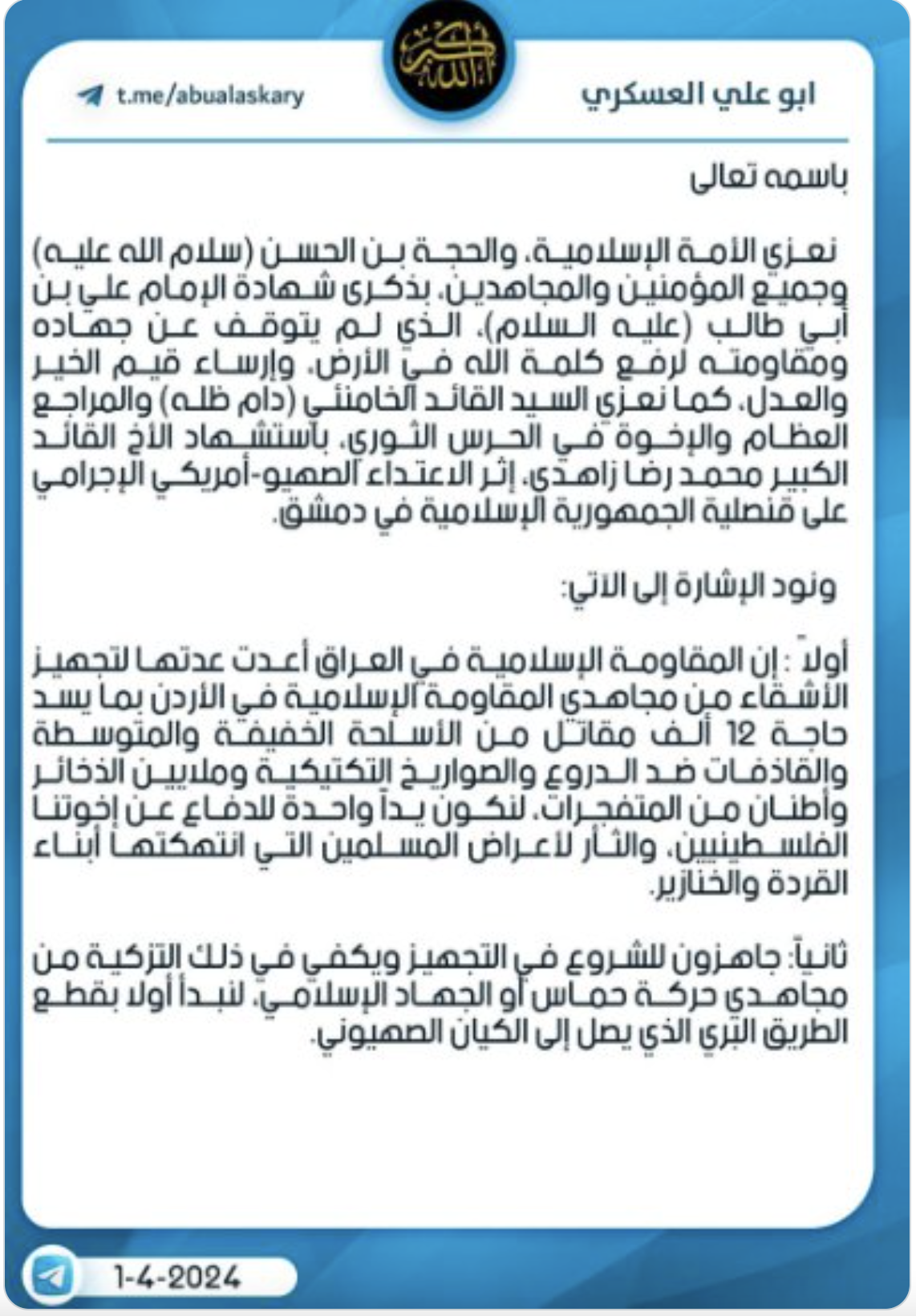
Hezbollah Brigades commander Abu Al-Askari threatens to arm Jordanians with the goal of attacking Israel.

Saraya al-Ashtar, a U.S. designated terrorist organization, and Saraya Wa’ad Allah send their condolences and congratulations to the Iraqi Hezbollah Brigades.
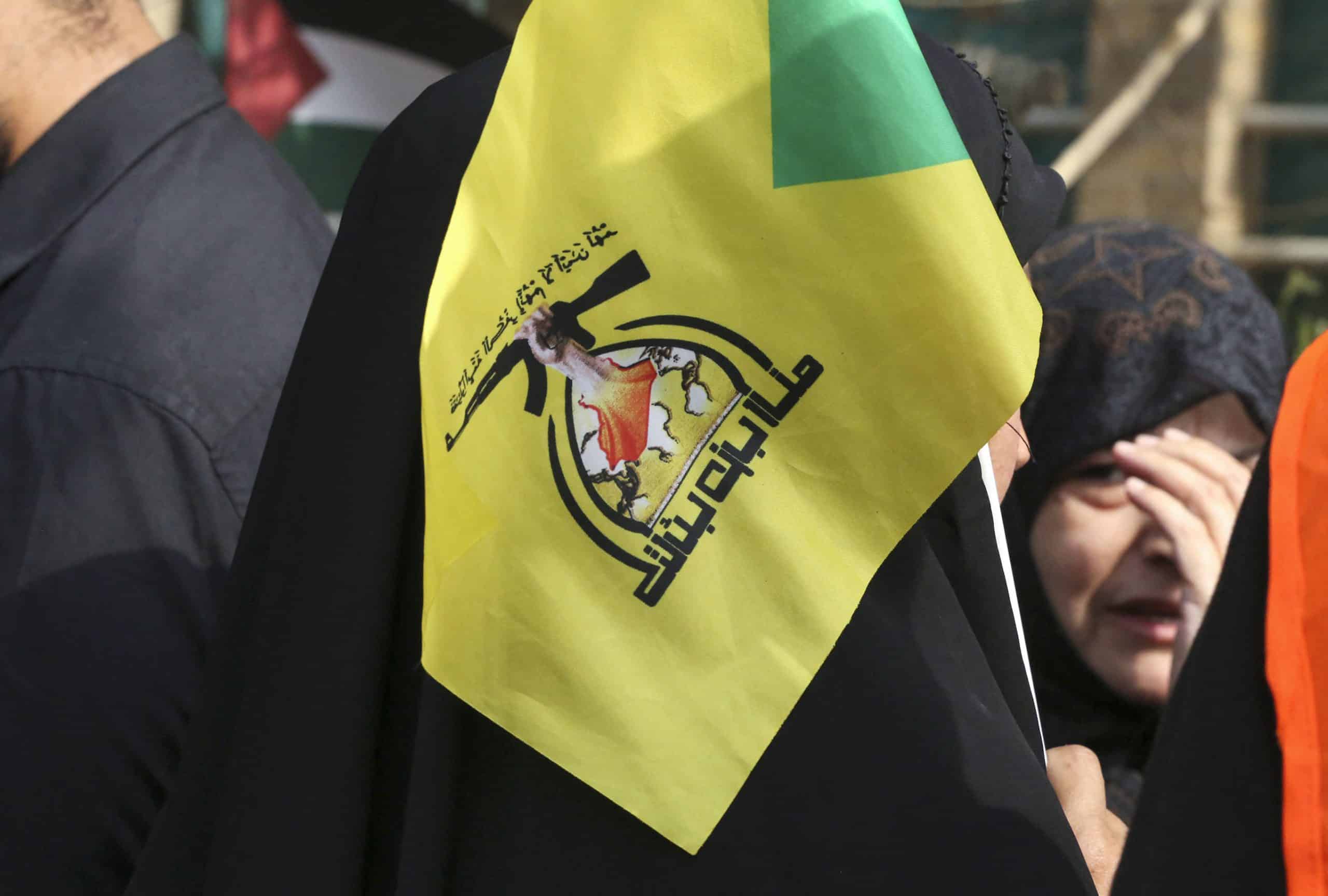
A drone strike in Baghdad eliminated a Hezbollah Brigades commander complicit in planning and carrying out attacks against U.S. troops in the region.
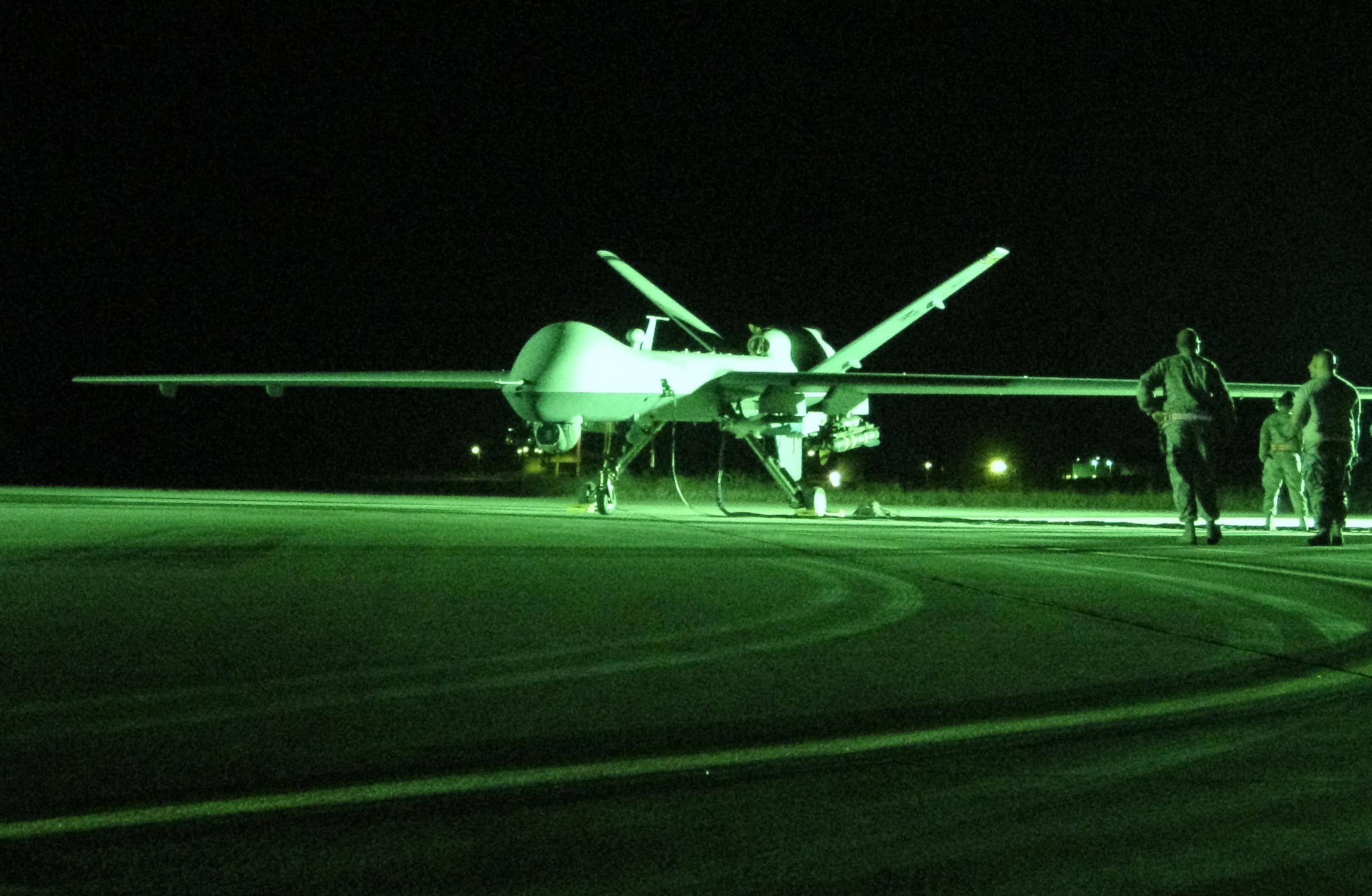
U.S. forces hit “headquarters, storage, and training locations for rocket, missile, and one-way attack UAV capabilities,” according to CENTCOM. The strike is the eight against the Iranian-backed militias, which have hit U.S. bases more than 150 times since Hamas attacks Israel in October 2023.
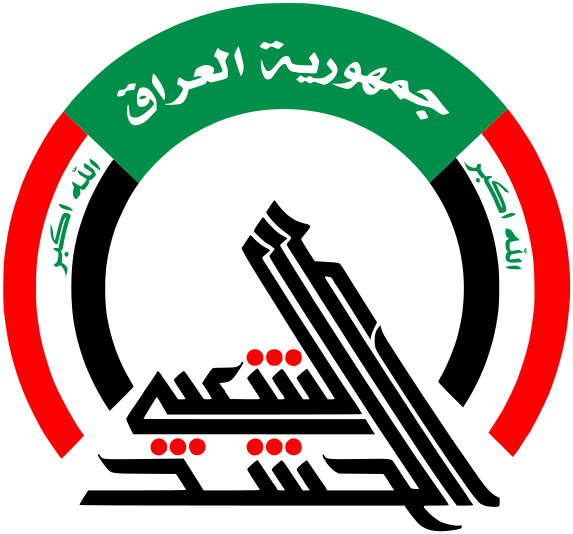
Iraq’s Prime Minister Mohammed Shia’ Al Sudani also denounced militia attacks on U.S. forces, however he is powerless to stop them. The Iranian-backed militias report to Sudani, but do not follow his orders. They are loyal to Iran.
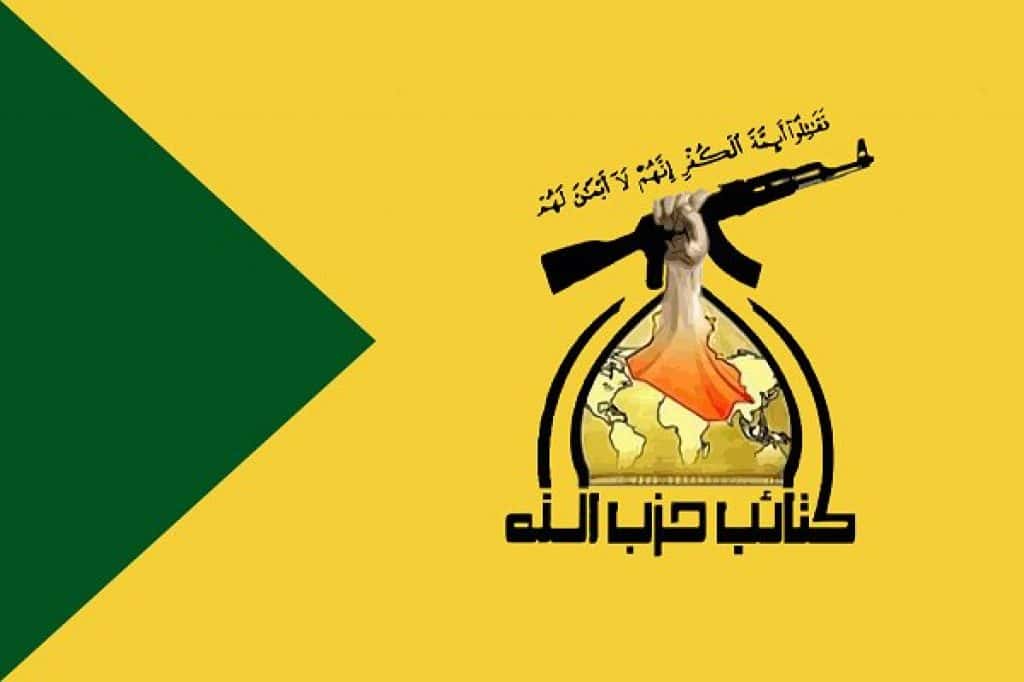
The U.S. hit three Hezbollah Brigades facilities after three U.S. soldiers were wounded, including one critically, in a drone strike at a U.S. airbase in Erbil. the handful of U.S. strikes has not deterred the militias or their Iranian masters.

Three members of Lebanese Hezbollah, including a pro-Assad fighter have been killed by a reported Israeli airstrike in southern Syria. One of the Hezbollah members killed is Hassan Ali Daqduq, son of infamous Hebzollah commander Ali Musa Daqduq.

Kata’ib Sayyid al-Shuhada is led by Abu Mustafa al-Sheibani, who is directly responsible for the formation of the Shia terror groups in Iraq and the killing of American soldiers. An IRGC agent was also listed in the designation of Hezbollah Brigades leaders.

“Hezbollah Brigades has the capacity to fight against its enemies and confront them by relying on the internal resources of the resistance,” a key Hezbollah Brigades official said. “We are ready for a war of attrition that may last for years, firmly believing in victory.”

The Hezbollah Brigades have now joined other Iranian proxies and sponsored groups in issuing threats against the United States over the ongoing war in Israel.
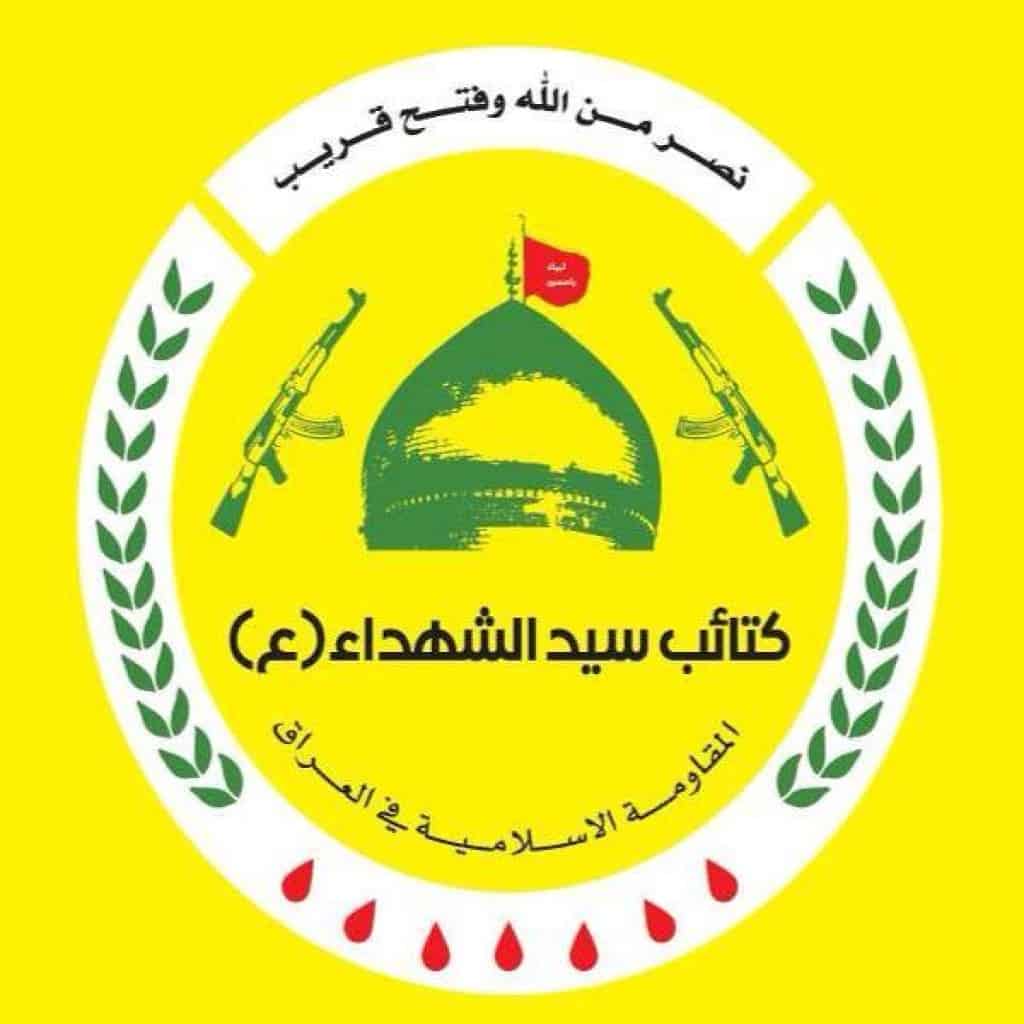
Kata’ib Sayyid al-Shuhada, an Iranian proxy in Iraq that also operates in Syria, says American bases in Iraq and Syria will become legitimate targets if the US intervenes against Hamas.
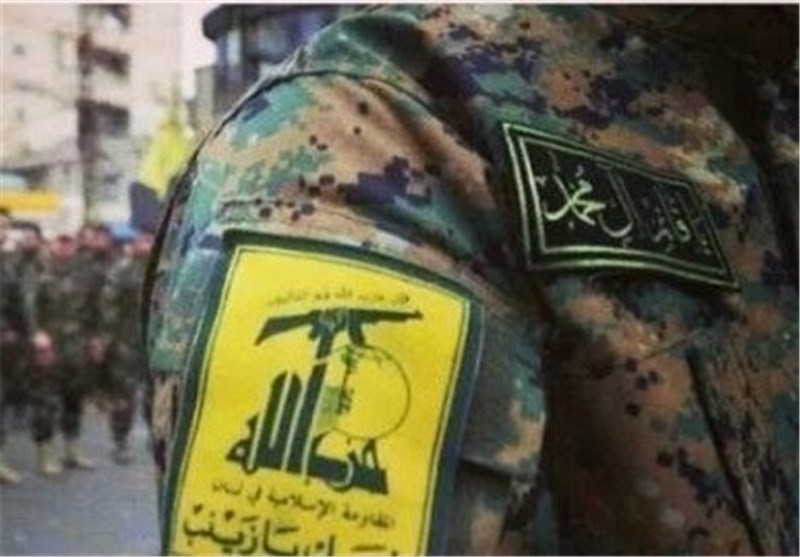
Musa Ali Daqduq, a Hezbollah military commander and Specially Designated Global Terrorist, is training the “Golan Unit” to attack American troops operating in Syria.
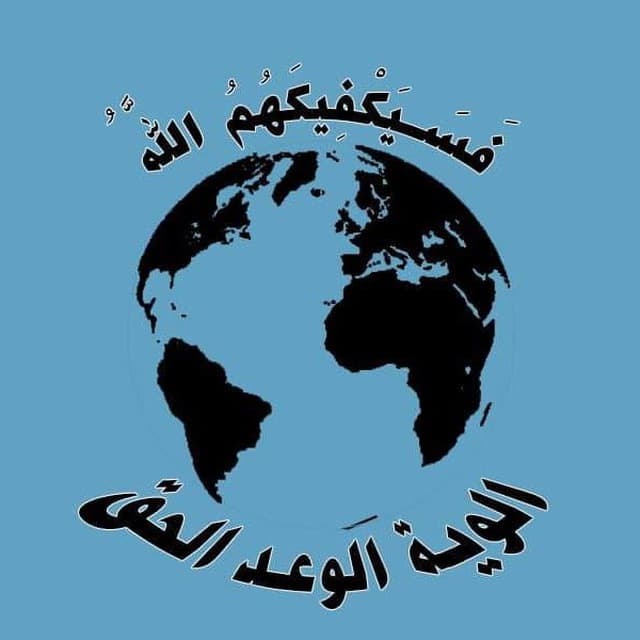
A newly formed militant group claims drone attack against Saudi Arabia after a double suicide bombing in Iraq on Thursday.
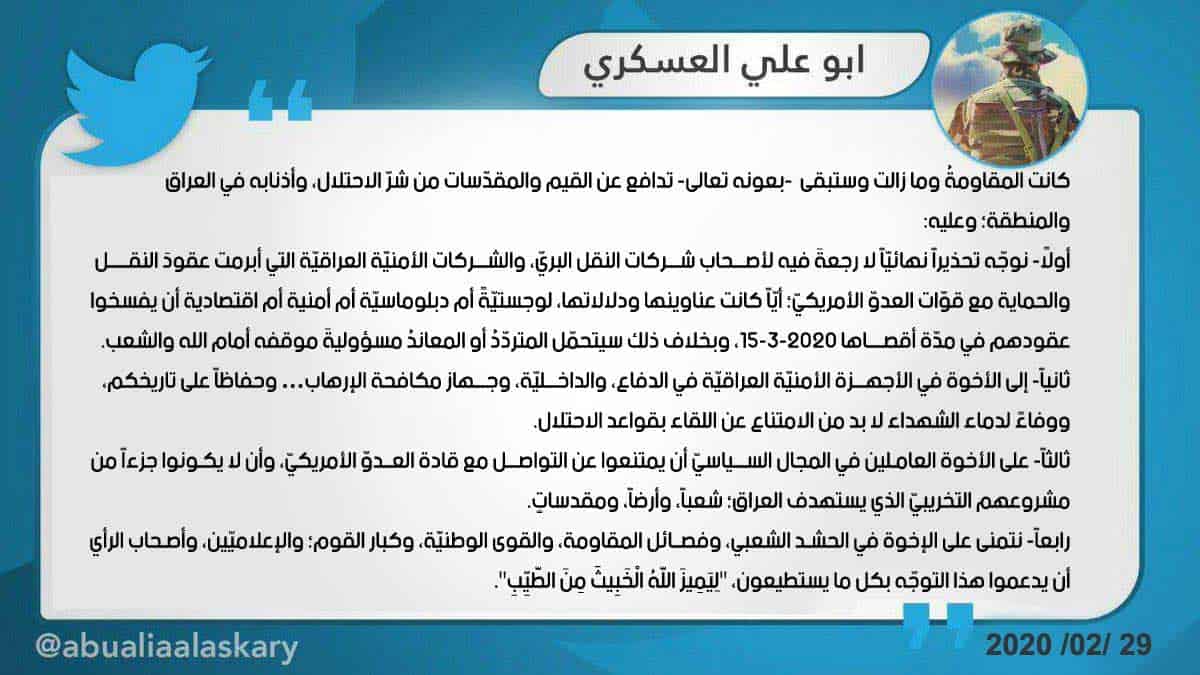
The security official of Iran’s proxy group Kata’ib Hezbollah (Hezbollah Brigades) gives Iraqi contractors until March 15 to stop working with US troops.
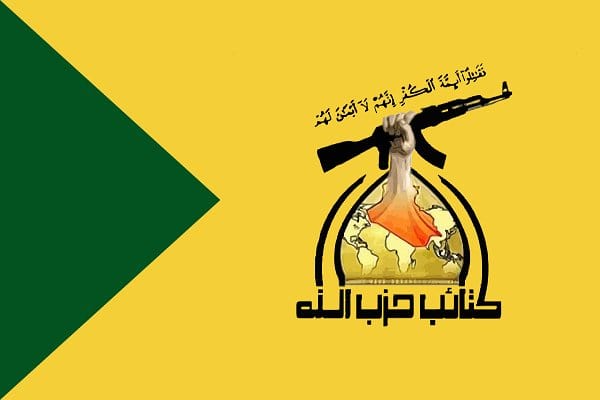
The official reportedly tweeted out the statement earlier today. The official website of the Hezbollah Brigades has so far not commented, however.
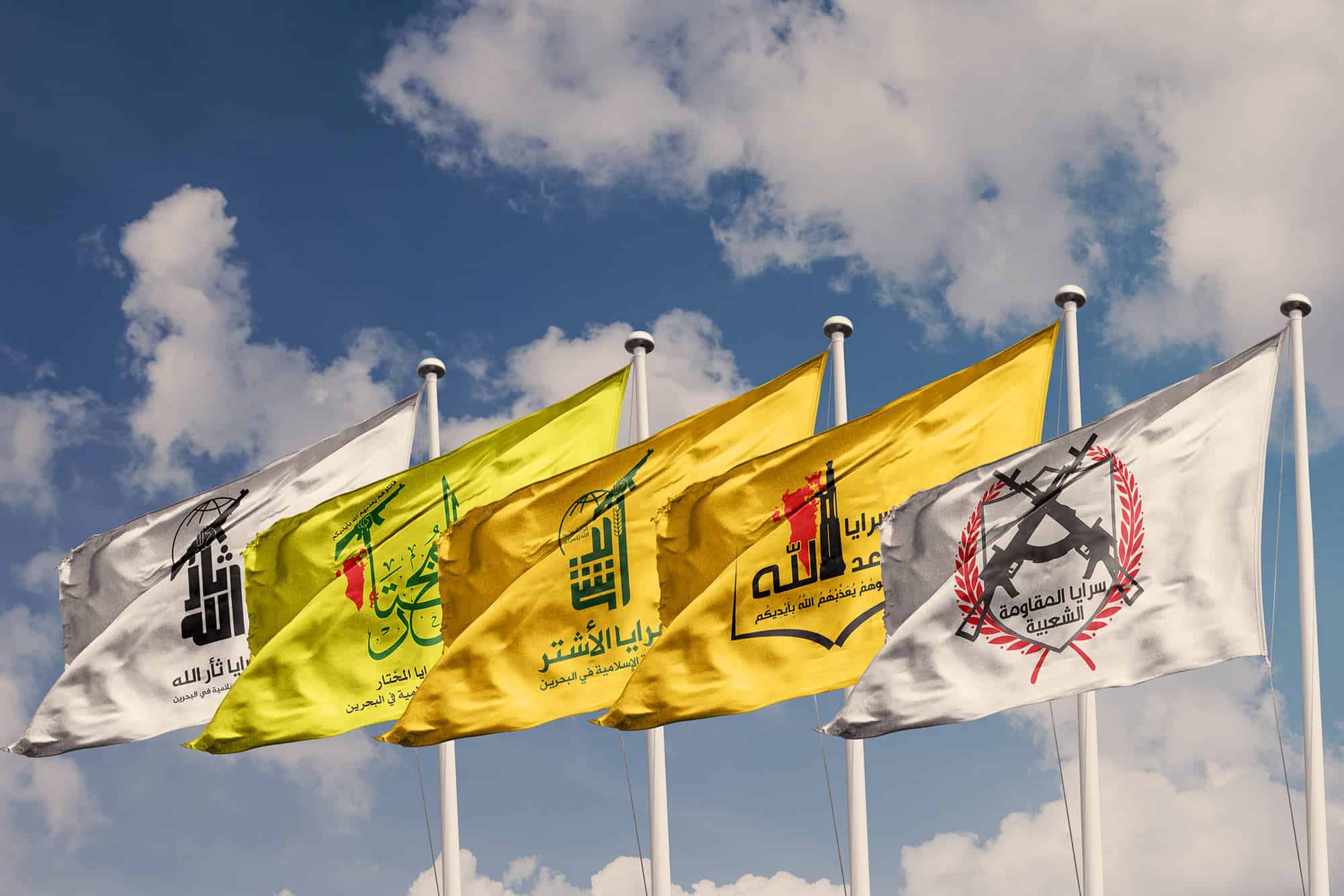
The rare joint statement both eulogizes Qassem Soleimani and Abu Mahdi al Muhandis and offers vague threats of retaliation in Bahrain.
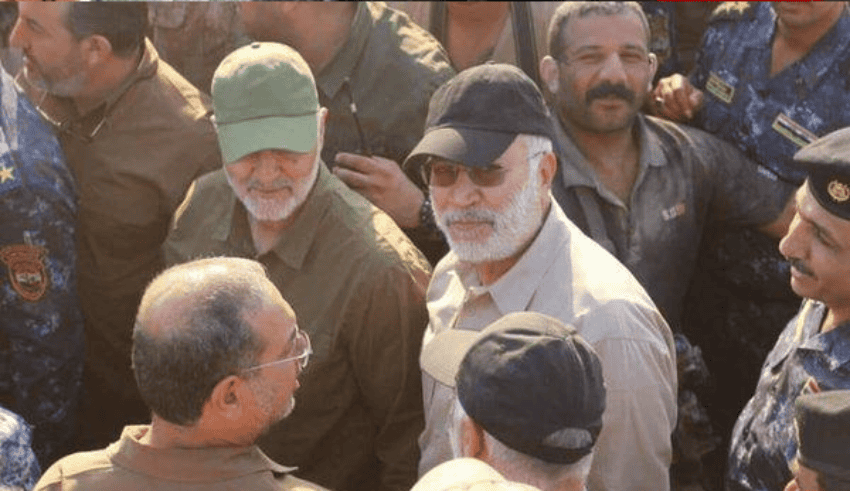
Qods Force commander Qassem Soliemani and Popular Mobilization Forces deputy Abu Mahdi al Muhandis were terror and insurgency masterminds who were revered in Iran, Iraq, Syria, and beyond for their support of the Iranian-backed Shia militias and terrorist groups that have destabilized several countries in the Middle East.
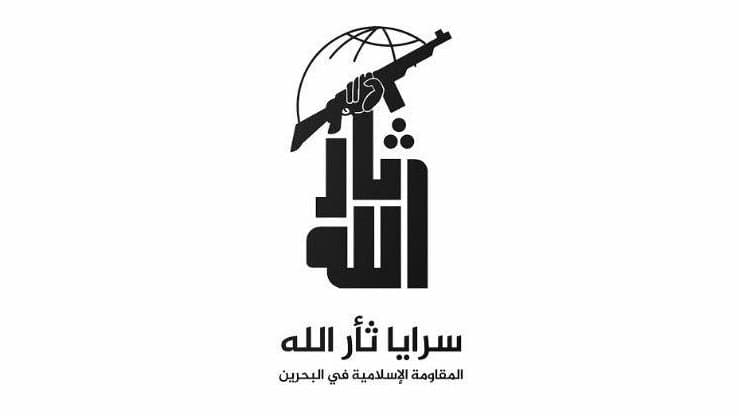
This is the second time that several Iranian-backed militias in Bahrain have voiced their support of the Iraqi Hezbollah Brigades after U.S. airstrikes on the group.

Following a deadly rocket attack on a U.S. base in Iraq and subsequent U.S. airstrikes in response, the Iranian-backed Hezbollah Brigades threatens to further retaliate by continuing to target U.S. troops.
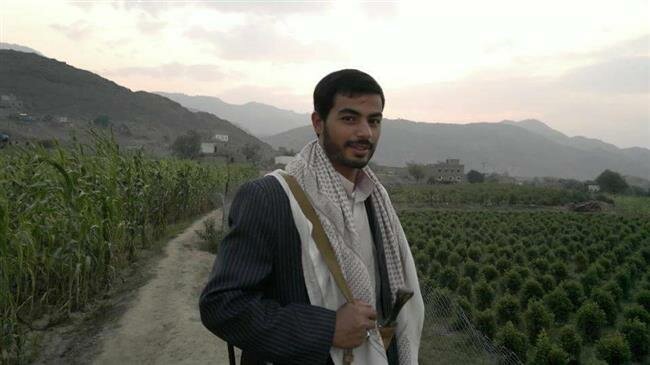
Houthi sources stated Ibrahim al Houthi was killed by the Saudi-led coalition, while Saudi sources state he was killed by a rival faction.
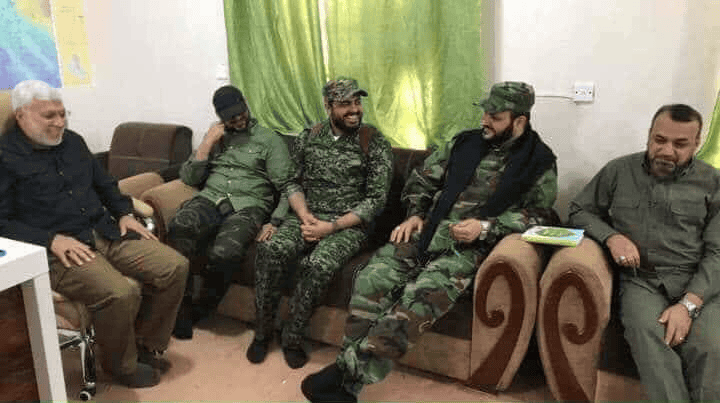
Iran has its tentacles all over Iraq, and the United States has no one to blame but itself. It is a bipartisan failure dating back to the March 2003 invasion. The seeds of this failure can be seen in the interrogation transcripts of Qayis Khazali, the leader of the Mahdi Army’s Special Groups and Asaib Ahl al Haq.

A newly released interrogation report shows that Qayis al-Khazali identified Abu Mahdi al-Muhandis and Abu Mustafa al-Sheibani as the two individuals Iran trusted “the most with attempting to implement the Iranian agenda in Iraq.” The pair went from being marginal players shortly after the US-led invasion in 2003 to leading the Iranian-backed Popular Mobilization Forces, one of most powerful and influential military organizations in Iraq.

Various Shia militias from around the Middle East have expressed their support or condolences for the Iranian-backed Hezbollah Brigades, which was targeted in unclaimed airstrikes in eastern Syria on Sunday.

The standoff between the police and Hezbollah Brigades may portend an upcoming power struggle between Iraq’s established security forces and the Iranian-supported Shia militias that make up the Popular Mobilization Units.

Several groups within the Iranian Revolutionary Guard Corps network have eulogized Saleh al Sammad, the political leader of Yemen’s Houthis.
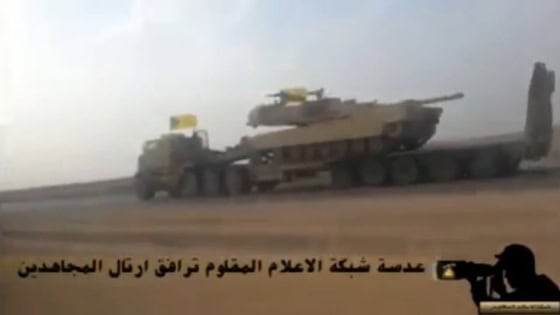
The report also notes that the US State Department has pressed the Iraqi government for the return of the tanks, but this has not happened.
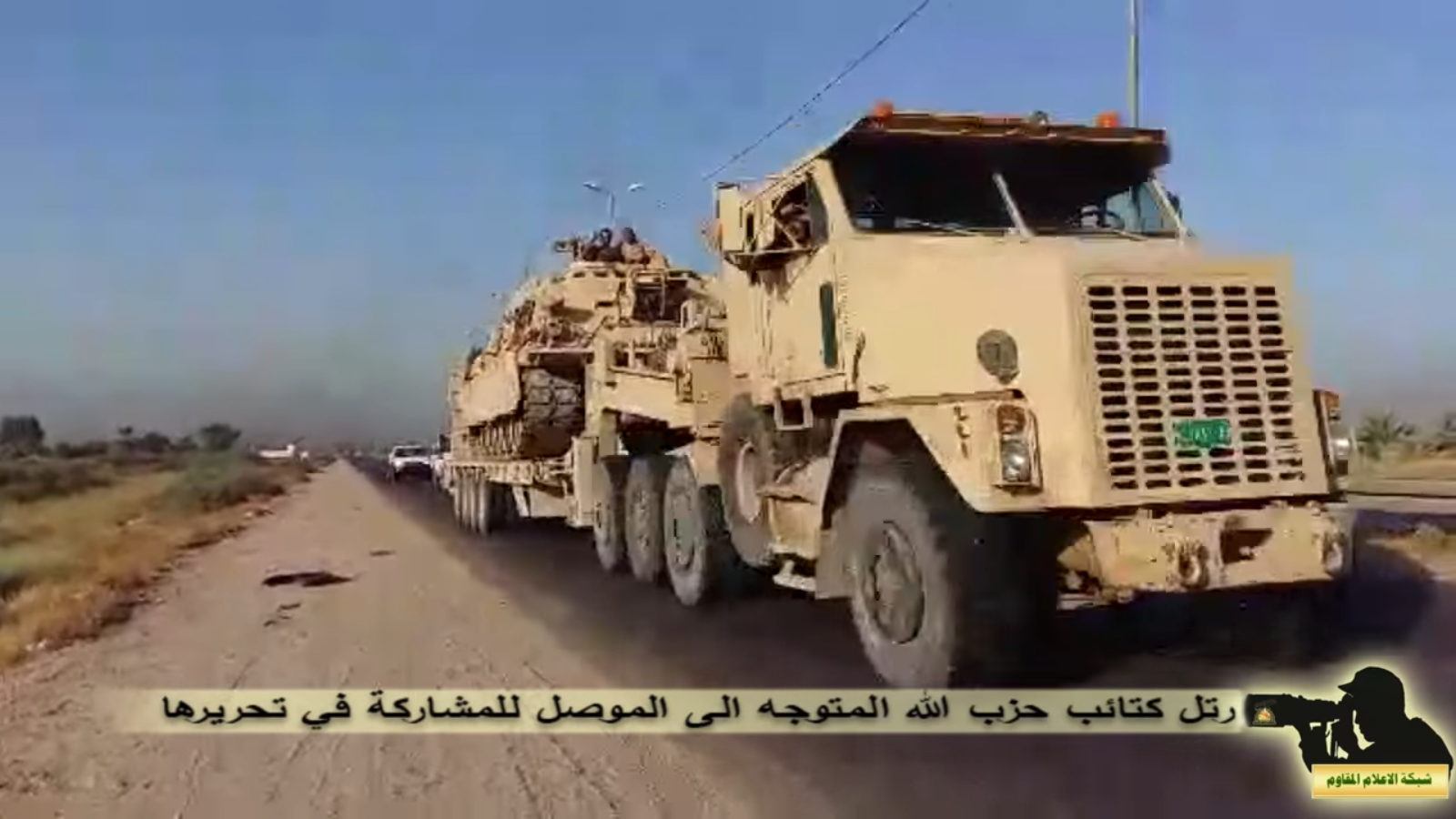
At least 11 rocket launchers, four howitzers (including two US-made M198 howitzers), one American-made M1 Abrams, and one US M88 Recovery Vehicle were spotted in a Hezbollah Brigades convoy moving towards Mosul.
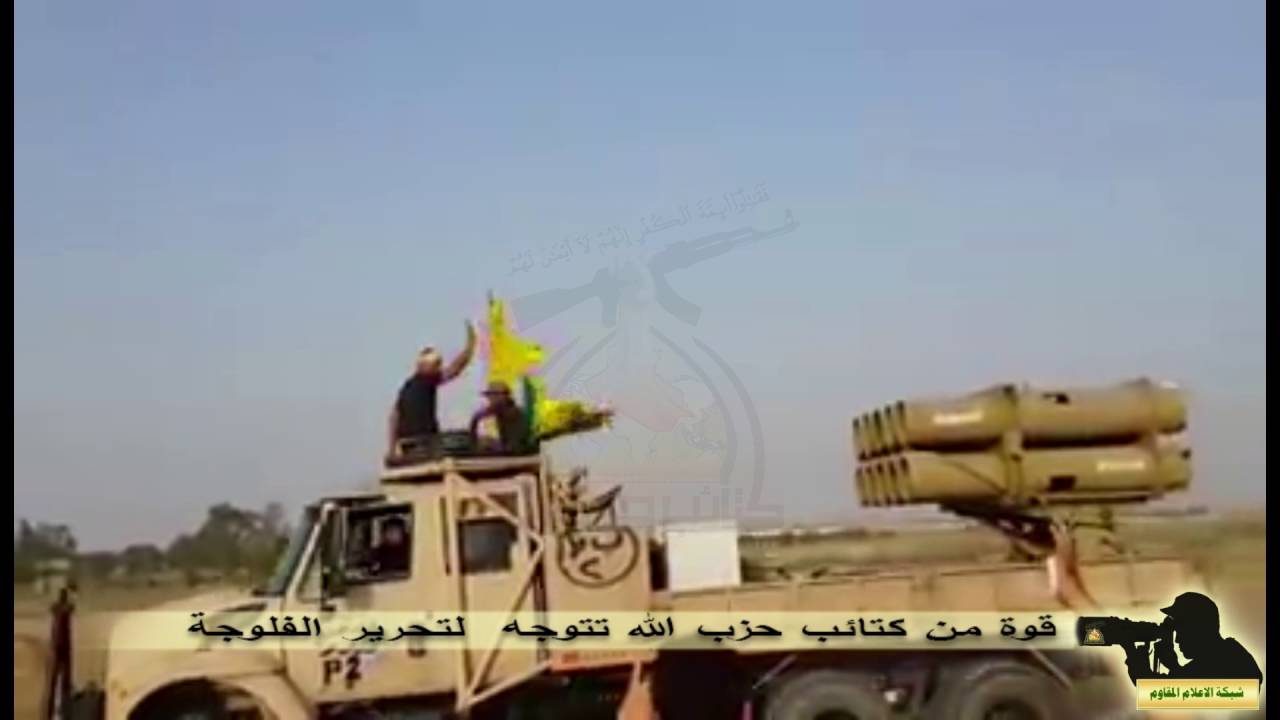
The Hezbollah Brigades will likely join other Iranian-backed groups in the fighting for Fallujah when the operation to recapture the city officially begins.